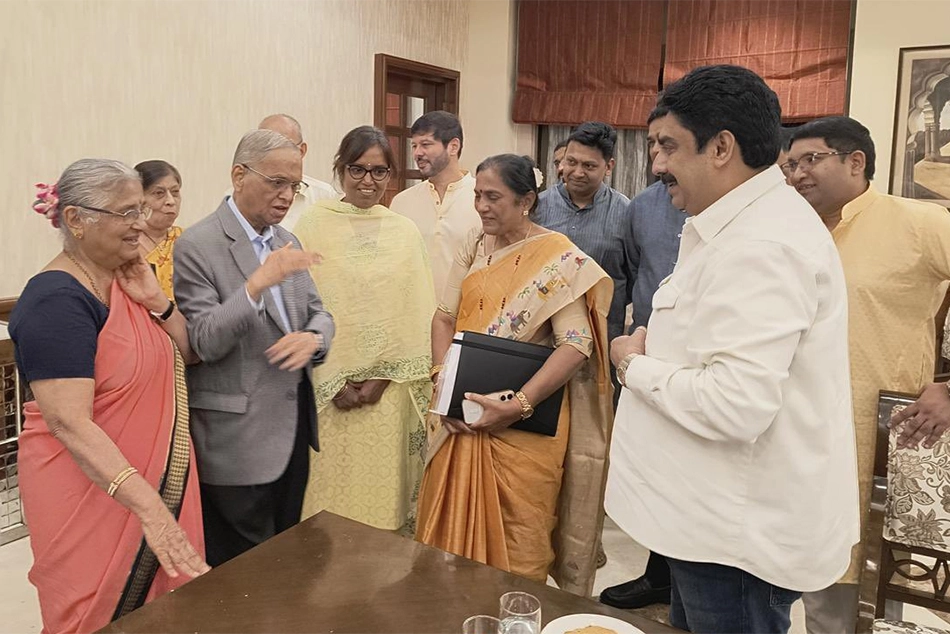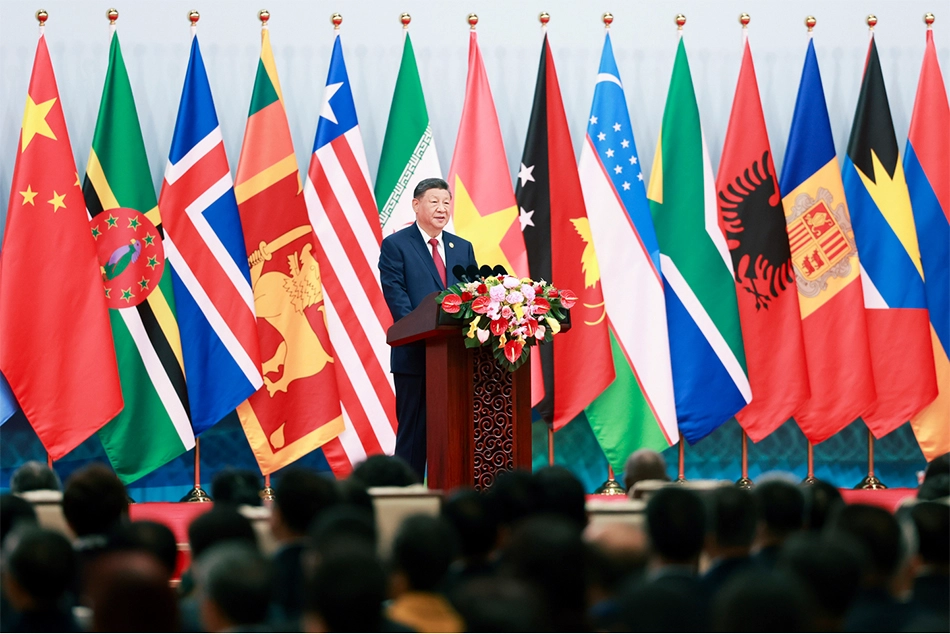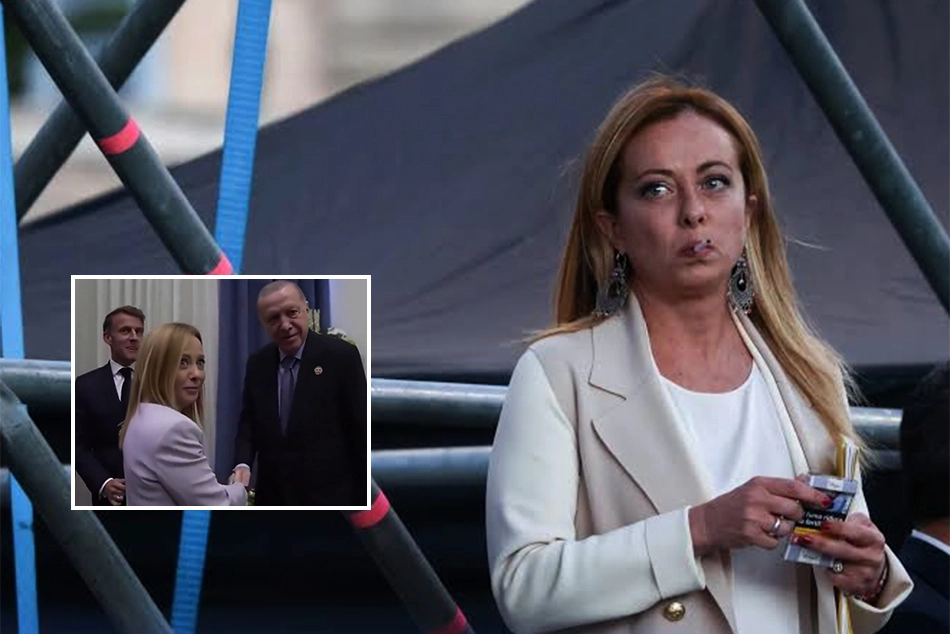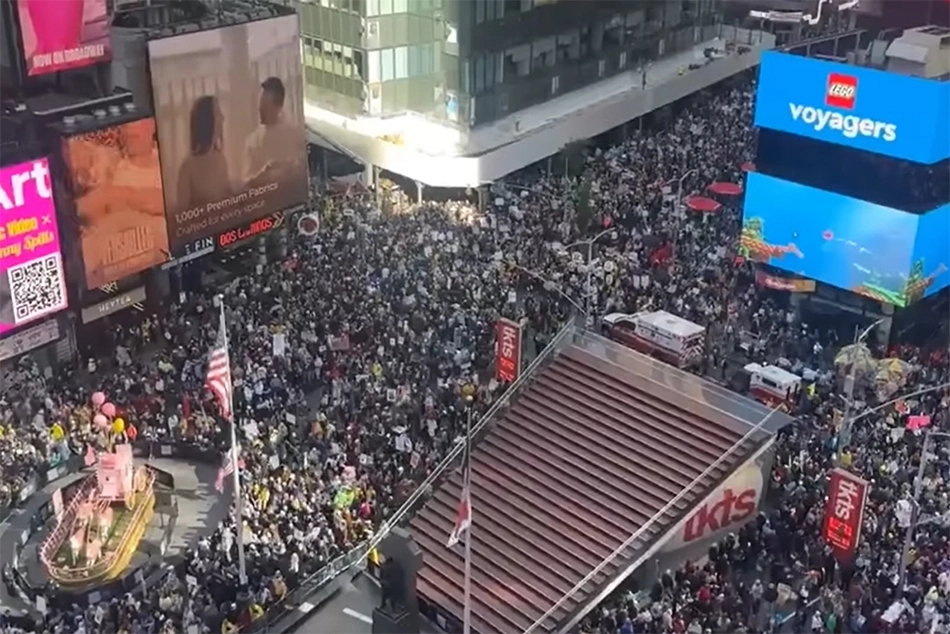
PM Modi's Foreign Visits: Miles Without Milestone
The value of a political traveler’s journeys depends on the dividends gained from those travelled destinations; otherwise, such directionless travel becomes a curse. Read how fruitful have been PM Modi's foreign visits
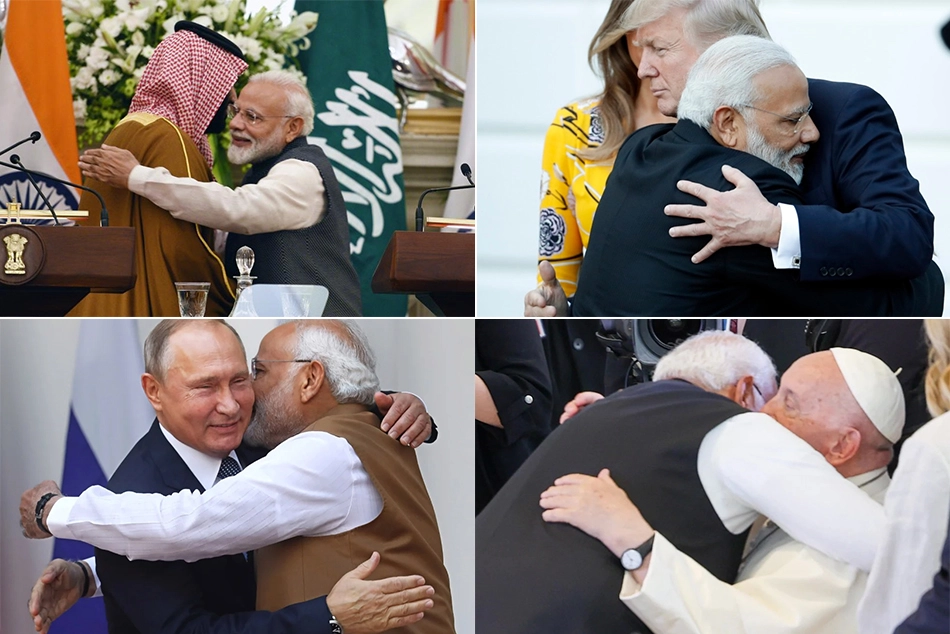
Travel and roads bring the traveler and the destination together. Travelers give meaning not only to their destinations but also to the journey and the path itself. Any mismatch between the traveler, the road, and the destination renders both regular and irregular journeys directionless.
Similarly, the value of a political traveler’s journeys depends on the dividends gained from those travelled destinations; otherwise, such directionless travel becomes a curse. It is not about the number of journeys, but about the depth of understanding gained about a place, its people, and its times.
Travel is not about repetitive journeys to different destinations, but about creating meaningful memories and milestones with every mile traveled. Individual travelers create collective memories of the place, people and time making both tangible (economic) and intangible (literature, philosophy and friendships) individual contributions in the making of national interests.
35 Foreign Trips, and Counting
From the 27th of March, 2021, to 1st of September, 2025, Indian Prime Minister Narendra Modi has made 35 foreign trips, visiting nearly sixty countries. Between 13th of November, 2019, and 16th of June, 2014, Modi undertook 58 foreign trips, covering almost 110 countries. Altogether, between 2014 and 2021, he made approximately 93 foreign trips.
During this period, PM Modi has visited the United States ten times, France and Japan eight times each, the UAE and Russia seven times each, China and Germany six times each, Nepal and Singapore five times each, and the United Kingdom, Brazil, and Sri Lanka four times each.
Additionally, he has visited Bhutan, Indonesia, the Maldives, Saudi Arabia, South Africa, Thailand, and Uzbekistan three times each, along with several other countries either twice or once. These frequent international visits have earned Mr. Modi the informal title of a “Non-Resident Indian Prime Minister.”
Outcome of PM Modi's U.S. Visit
Modi has traveled to the United States 10 times, yet Indo–U.S. relations have plummeted to a historic low in terms of trade, defense deals, and diplomacy. Hindutva politics has celebrated Yankee imperialism and regarded it as a source of inspiration, but it has failed to cultivate meaningful friendship—indeed, it has damaged existing relationships.
The United States has imposed the second-highest tariffs on India and continues to undermine Indian national interests across various spheres of influence. Modi has failed to halt American economic, political and diplomatic assault on India. Washington also interferes in India’s historic relationships with Russia and Pakistan, as if Modi were made in Washington, D.C., and his policy decisions were crafted in America.
PM Modi's frequent and directionless visits to the U.S. have neither advanced India’s foreign policy objectives nor deepened Indo–U.S. relations under his leadership. The so-called friendship between the “Yankee joker,” President Trump, and Modi failed to yield any meaningful diplomatic dividends between India and the United States.
Modi has also traveled extensively across the European Union but has failed to strengthen India’s diplomatic, trade, security and scientific relationships with European nations. European countries continue to undermine India’s interests whenever they find an opportunity while praising India in public.
PM Modi's Foreign Policy
Modi’s directionless foreign policy has been largely responsible for weakening India’s relationships and national interests with countries in the European Union. The so-called nationalism of Hindutva politics has effectively surrendered to Britain by signing a free trade agreement that is not only unfair but also detrimental to India’s trade and economic interests in both the short and long term.
India’s neighbourhood policy is in tatters, even as its long-standing friends in Africa, Latin America, and the former Soviet bloc continue to stand by the country—despite Modi’s close engagement with Yankee imperialists who have consistently opposed not only India’s interests but also those of developing nations. The Yankee imperialist powers have done so by promoting undemocratic and authoritarian regimes, imposing unfair markets under the guise of free trade, and fueling all forms of instabilities and wars to exploit the natural resources of these regions.
Nevertheless, the Modi government’s affection for America and Europe remains unwavering. The Hindutva-led administration’s admiration for Western ideals and foreign policy practices is well known. The Modi government appears to be repaying Hindutva’s historical and ideological debt—a debt rooted in the colonial and imperialist support that the Hindutva movement received since its inception. Hindutva and its ethnonationalist projects are not only Eurocentric in its ideological orientation but also continue to serve as instruments of neo-imperialist capitalist interests.
Why NAM matters?
The Hindutva government has undermined the anti-colonial, anti-capitalist, and anti-imperialist foundations of Indian foreign policy praxis by eroding the spirit of the Non-Aligned Movement (NAM). This time-tested principle of foreign policy not only safeguarded India’s national interests but also provided a platform for international solidarity, advocating for the interests of developing countries while promoting internationalism and peaceful coexistence.
Under the Modi government, NAM has been effectively sidelined in favour of cultivating friendship with Yankee imperialists and advancing their interests. This represents a serious and possibly irreparable damage to India’s international standing, inflicted by the Hindutva-driven policies pursued by Modi government.
Even his frequent travels and high-profile meetings with world leaders and hugging them have failed to restore India’s international image or protect its national interests. It is not merely the failure of Modi, but also of his mentors in the RSS, who shape and guide Hindutva politics in India today.
It is the meaning behind these travels that can truly determine whether they mark milestones in strengthening India’s foreign relations and upholding national interests. The value of travel in foreign policy should be measured by its definitive contribution to advancing national interests abroad.
Outcome of Modi Doctrine
Judging by the outcomes of Modi’s foreign policy, it is evident that his travels have been more about propaganda and image-building than about achieving substantive gains for India’s national interests.
The frequent-flyer Prime Minister, Narendra Modi, and his government have failed to forge new friendships or deepen existing relationships with India’s long-standing allies.
The PR-crazy Prime Minister, Narendra Modi, has effectively written the epitaphs of his own failures by failing to advance Indian foreign policy or safeguard national interests. His travels can be described as “miles without milestones” for Indian foreign policy.
The defeat of PM Modi is important, but rooting out Hindutva politics and its precarious ideology is central to reviving India’s international image, protecting its interests, and restoring international relationships forged through historic friendships, solidarities and struggles against colonialism, capitalism, and imperialism.
[The writer, Bhabani Shankar Nayak, is a Political Commentator.]
Follow ummid.com WhatsApp Channel for all the latest updates.
Select Language to Translate in Urdu, Hindi, Marathi or Arabic

